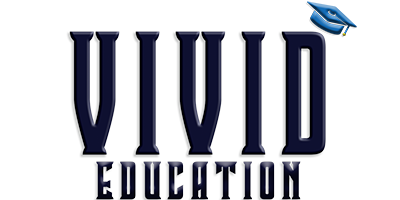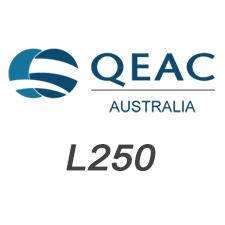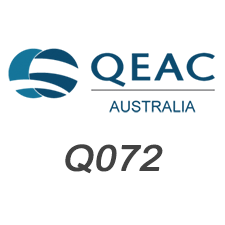Student Visa (500) English language requirements
Student visa English language requirements
You will need to meet the English language requirement to apply for a student visa.
Some student visa applicants may need to provide the results of an English language test with their visa application. You can find out if you are likely to need to provide this evidence by using the Document Checklist Tool.
Student visa evidentiary requirements
Where you need to provide documentary evidence, you will need to provide one of the following with your visa application:
- evidence of an acceptable English language test score
- evidence that you fall within an exempt category.
If you are not required to provide evidence of your English language capacity, we will retain the discretion to seek evidence of English language proficiency where appropriate.
Acceptable English language test score
Where evidence of English Language is required, the following minimum English language test score from the following providers will be accepted:
| English language provider test | Minimum test score | Minimum test score where combined with at least 10 weeks ELICOS | Minimum test score where combined with at least 20 weeks ELICOS |
|---|---|---|---|
| International English Language Testing System | 5.5 | 5 | 4.5 |
| *Test of English as a Foreign Language (TOEFL) paper based | 527 | 500 | 450 |
| TOEFL internet based test | 46 | 35 | 32 |
| Cambridge English: Advanced (Certificate in Advanced English) | 162 | 154 | 147 |
| Pearson Test of English Academic | 42 | 36 | 30 |
| Occupational English Test** | Pass | Pass | Pass |
*The TOEFL paper-based test will only be accepted from limited countries.
** The Occupational English Test includes a mark between A and E. An A or B is considered a pass.
The test must have been taken no more than two years before the student visa application is made.
Where our online application system indicates that documentary evidence of English language proficiency is required, it is important for you to attach these documents to your visa application before lodging your application. Failure to do so may result in the visa refusal.
English language exemptions
If you fall into one of the following student categories, you are exempt from providing evidence of English language proficiency requirements with your visa application:
- students enrolled in fulltime school studies as a principal course, including secondary exchange programmes; postgraduate research courses; standalone English Language Intensive Course for Overseas Students (ELICOS); and Foreign Affairs or Defence sponsored students
- students who have completed at least five years’ study in one or more of the following countries: Australia, UK, USA, Canada, New Zealand, South Africa, or the Republic of Ireland
- citizens and passport holders of one of the following English‑speaking countries: UK, USA, Canada, NZ or Republic of Ireland
- students who have successfully completed in Australia in the English language either the Senior Secondary Certificate of Education or studies at the Certificate IV or higher level, in the two years before applying for the student visa.
The full list of English language exemption categories is specified in a Legislative Instrument.
Packaging English Language Intensive Course for Overseas Students (ELICOS)
You can package ELICOS with other courses. There is a minimum English language requirement when a course is packaged with English which depends on the amount of ELICOS undertaken (shown in the table above). There is no limit on the amount of ELICOS that can be studied. However, if your ELICOS course is more than 12 months you should provide lots of information with your visa application showing how you meet the genuine temporary entrant (GTE) requirement.
Disclaimer: The above set criteria and details about the English Language requirement for Student Visa (500) have been copied from https://www.homeaffairs.gov.au/trav/stud/more/student-visa-english-language-requirements ‘as is’ and no alterations have been made. The document is provided for general information purposes only. Your use of any of this information is at your own risk, and you should not use any of this information without first seeking legal and other professional advice. The provision of this documents (and the documents themselves) do not constitute legal advice or opinions of any kind, or any advertising or solicitation. No lawyer-client, advisory, fiduciary or other relationship is created between VIVID EDUCATION and any person accessing or otherwise using any of the information. Vivid Education and its affiliates (and any of their respective directors, officers, agents, contractors, interns, suppliers, and employees) will not be liable for any damages, losses or causes of action of any nature arising from any use of any of this information.






